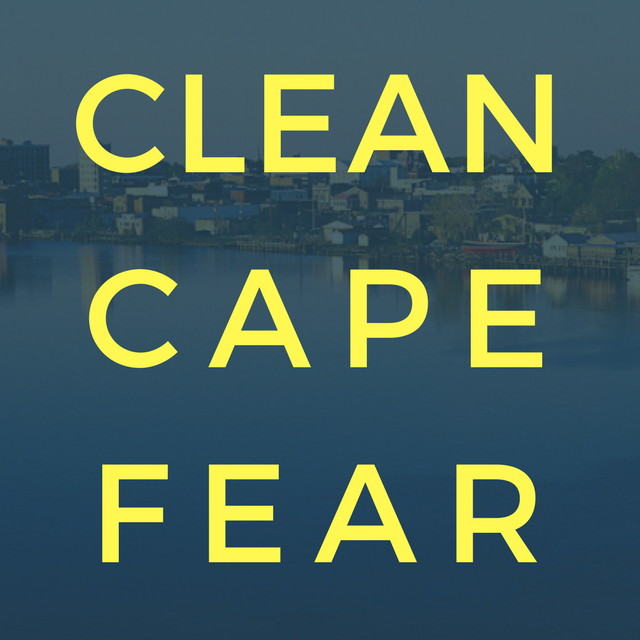This Water Wednesday, Clean Cape Fear, along with the CFCC Sustainability Committee, will host a discussion of the science behind GenX and other perfluorinated compounds discovered recently in our drinking water. What are they? How can we remove them? How do they affect our bodies?
The scientists:
Detlef Knappe is a Professor in the Department of Civil, Construction, and Environmental Engineering at North Carolina State University. Current efforts in the Knappe research group focus on (1) developing and evaluating water treatment processes for the control of disinfection byproduct precursors and organic micropollutants (e.g., carcinogenic volatile organic contaminants, 1,4-dioxane, perfluoroalkyl substances), and (2) overcoming gaps between the Clean Water Act and the Safe Drinking Water Act by developing information about the effects of reactive and unregulated wastewater contaminants on drinking water quality and treatment. Detlef Knappe was recently selected to serve on the Science Advisory Board of the United States Environmental Protection Agency, and he serves as Trustee on the Water Science and Research Division of the American Water Works Association.
Jamie DeWitt is an Associate Professor in the Department of Pharmacology and Toxicology at the Brody School of Medicine at East Carolina University. One focus of her lab’s research is on how exposure to emerging contaminants in the aquatic environment, such as per- and poly-fluoroalkyl substances (PFASs), affect the adult and developing immune systems. Dr. DeWitt has contributed to over 20 publications concerning the toxicity of PFASs, including an edited book on their toxicity, and has been an external reviewer of several science assessments of PFASs for the U.S. Environmental Protection Agency, the U.S. National Toxicology Program, and the International Agency for Research on Cancer.
The two scientists are working with the Center for Human Health and the Environment’s (CHHE) whose mission is to understand how human health, at both the individual and population level, is impacted by environmental factors and to implement this knowledge to reduce the adverse impacts of environmental factors on human health. Housed at NC State University, the CHHE has more than 73 scientists from NC State, NC Central, ECU, RTI, and NC DHHS working together to address some of today’s biggest environmental health concerns.
